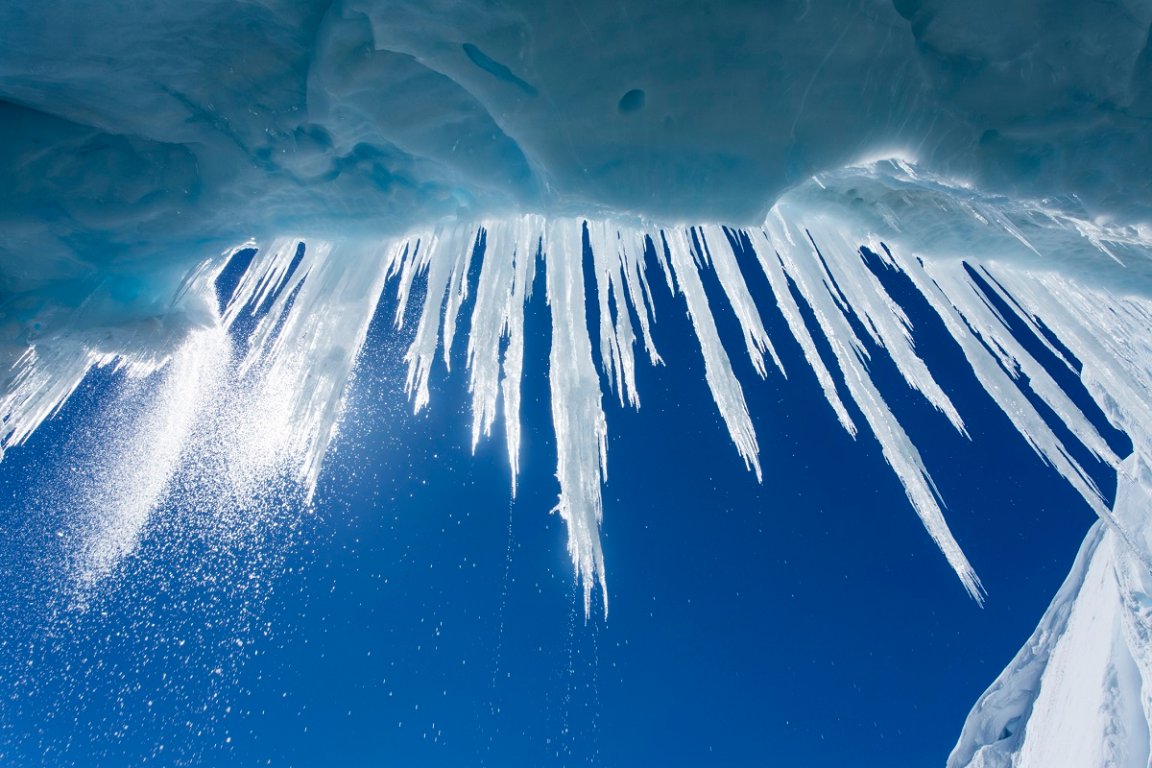
Natty Ice
The warming climate has been rapidly melting Antarctica to such a degree that scientists and politicians have been seriously contemplating desperate measures to forestall its total collapse, such as spraying sun-reflecting particles into the sky to cool the surface temperature of the planet.
The method is called solar geoengineering, which operates from the same principle as how erupting volcanos like Mount Pinatubo in 2001 and Krakatoa in 1883 spewed copious amounts of ash into the atmosphere, chilling the temperature of the Earth for a noticeable period.
Unfortunately, a team of scientists from Switzerland and the United Kingdom have come out with a new study in the journal Nature Climate Change that shows solar geoengineering alone would have a limited impact on delaying the melting of ice in Antarctica.
Basically, the finding is that there’s no easy way out of the climate change hell hole we dug ourselves into as a species, and that rapid decarbonization is still the best path to preventing the worst impacts of global warming.
Bye Bye Bye
The research team used computer modeling to analyze the effectiveness of solar geoengineering, which they term “solar radiation management” in their paper, on the melt rate of the West Antarctic ice sheet under different climate scenarios.
“Observations of ice flows in West Antarctica indicate that we are very close to a so-called tipping point or have already passed it,” said study lead author and University of Bern researcher Johannes Sutter in a statement. “With our study, we therefore wanted to find out whether a collapse of the ice sheet could theoretically be prevented with solar radiation management.”
In a situation where there’s no effort to mitigate greenhouse gas emissions, scientists concluded that spraying sun-dimming particles into the atmosphere in the middle of this century would only delay the disappearance of the ice sheet in West Antarctic. If the world does reduce greenhouse gas in a “medium emissions scenario,” though, solar geoengineering would “delay or even prevent” the ice sheet from melting.
Basically, humans still have to do a lot of work to reduce global warming no matter how much greenhouse gas emissions we release this century and not just hope a Hail Mary like geoengineering would save the day.
And even then, geoengineering would almost certainly have unforeseen consequences that have not been studied fully, according to the scientists, such as changing weather patterns in negative ways.
More on Antarctica: Antarctica is Losing a Flabbergasting Amount of Ice